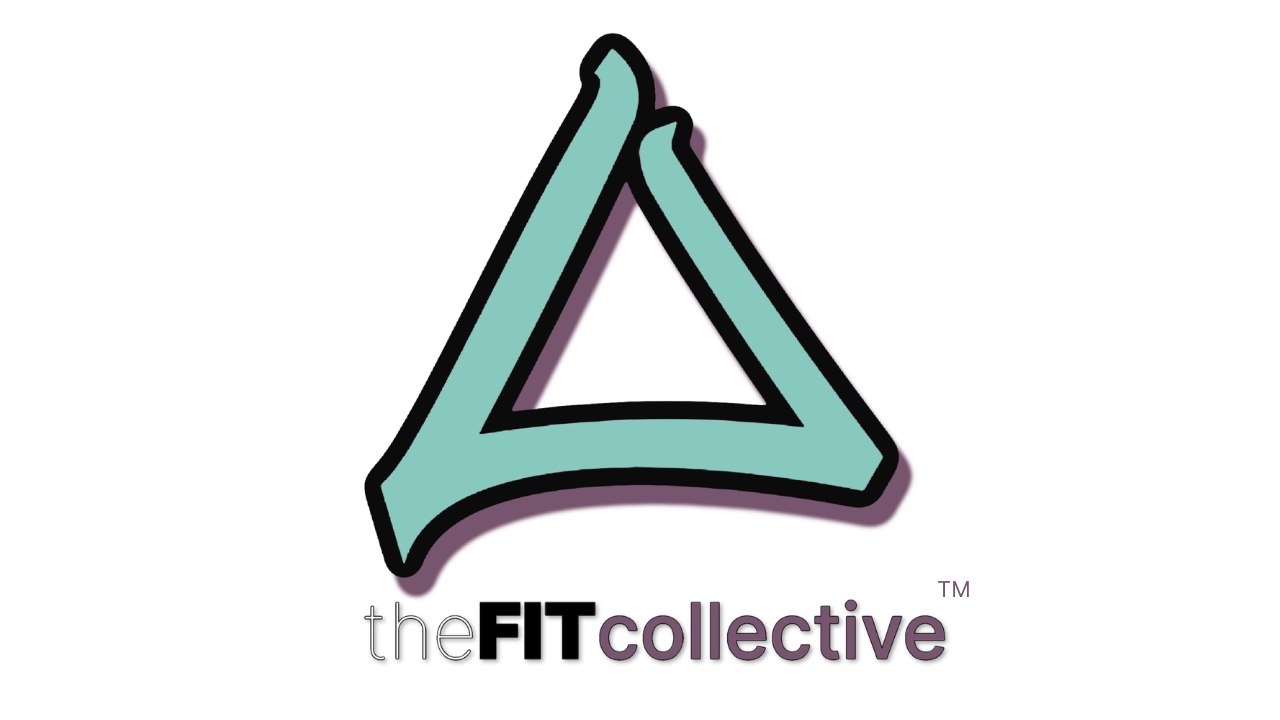114. Emotional Eating; It's Not Your Fault
If you’re an emotional eater, I want you to know that it’s probably not your fault. There are so many different factors that can determine why you might be more inclined to emotional eating - one of the big ones is your genes! Let’s talk about how your genes impact your eating habits, the power of your mindset, and how to develop a strategy that works for you.
The Gene Variants That Might Impact Your Eating Habits
ANKK1 Gene: This gene impacts your dopamine levels and directly correlates to your emotional eating capacity
COMP Gene: This gene controls your dopamine levels, if you have a gene variant, you will naturally have lower dopamine
OXTR Gene: This gene is your empathetic gene. If you have the variant, you are more thin-skinned and your emotions will run higher
MC4R Gene: This gene controls your satiety, and your ability to feel fullness. If you have the variant, you are more susceptible to overeating
CLOCK Gene: This gene controls your hunger signals. You might have a variant in this gene if you don’t feel hunger for a while but want to overeat at night
Listen to Episode 114 Here
Or listen on your favorite podcast app: Apple Podcasts | Spotify | Android
What Makes You Eat Emotionally?
When you’re an emotional eater, your eating habits are more connected to how you’re feeling and your emotional feelings about food. Compare this to a non-emotional eater who literally just thinks of food as fuel - meaning they can easily stop eating when they’re full.
What’s the difference? It all comes down to your genes. There are certain genes that directly link to your eating habits, emotional connection to food (and others), and even your satiety. If you have any of these gene variants, I want to assure you that you’re not a lost cause… It's all about developing a strategy and getting tools in place to help you succeed.
Combating Your Genes with Strategy
So while these gene variants can impact your dopamine receptors and those connections to your emotional eating capacity, your satiety and hunger signals, and even your empathetic response to others, they don’t have to control you.
And honestly, it is so empowering once you realize that these things aren’t your fault. Your mindset plays such an important role in how you approach your eating habits. Plus, knowing everything you’re working with will help you develop a true, compassionate love for yourself and all your personal nuances.
I encourage you to have your genes tested. It provides you so much information and empowers you to develop strategies that actually work for you. Then, I’d love to work with you so we can develop a plan to work with your unique physiology!
In This Episode
The difference between emotional vs non-emotional eating [4:15]
How your genes might make you an emotional eater [5:30]
What happens when you realize emotional eating or satiety is not your fault [15:15]
What strategies and tools help you understand satiety in your own body [17:00]
Why mindset matters even when your genes play a role in your eating habits [19:00]
Quotes
“The good news is that even if we have that gene variant, all that means is it predisposes us to have emotional eating. It doesn’t mean that you have to remain an emotional eater. We just have to help you target your neuroplasticity in a way where food doesn’t feel as powerful.” [5:55]
“Just by having the awareness and giving ourselves compassion for, ‘this is not my fault, this is just how my genetic code showed up,’ it’s empowering. It changes everything.” [15:04]
“Bringing up all of these different genes and variants and knowing how they play out is so crucial to understanding yourself and to also meet you where you are.” [18:22]
“If we aren’t aware of all the different nuances that we have, having that ultimate, true, compassionate love for ourselves will be more difficult, in my opinion.” [19:25]
“The emotional eating component can really be helped by gaining an awareness and then putting in strategies that aren’t restrictive.” [21:08]
Resources Mentioned
31 Days of FIT. Learn more HERE.
Muscle Maintenance During Fat Loss. Waitlist HERE.
Fit Woman Collective™. Learn more HERE.
Follow Dr. Ali Novitsky on TikTok | Facebook | Instagram | YouTube
Subscribe to The Muscles and Mindset Podcast on Apple Podcasts
Related Episodes
Episode 110: How Our Genes Impact our Jeans
